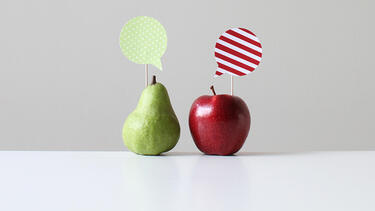Behavioral
Can Holiday Shopping Boycotts Make a Difference?
We asked Yale SOM’s Zoe Chance, an expert on consumer behavior and persuasion, what makes boycotts effective and how companies should respond.

When Charitable Organizations Thank Donors, Should They Ask for More?
For charitable organizations that rely on donors for financial support, there is a delicate art to asking for gifts and expressing gratitude.
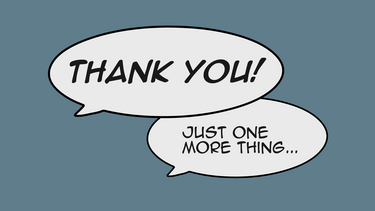
How Will We Tell the Story of COVID-19?
We asked Yale SOM’s Robert Shiller, whose latest book is 'Narrative Economics,' to tell us what collective stories are forming around the pandemic and what they might mean for our economic future.

Narrative Economics: How Stories Go Viral
Nobel Prize-winning Yale economist Robert Shiller examines how the stories we tell about our lives and our society can spread from person to person, changing shared perceptions of events and shaping economic behavior.
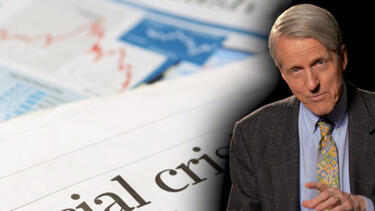
Why a Pandemic Leads to Panic Buying
We asked Yale SOM’s Nathan Novemsky, an expert in the psychology of judgment and decision-making, for his thoughts on how consumers are behaving during the COVID-19 pandemic and how they’re likely to view companies’ actions in the aftermath.
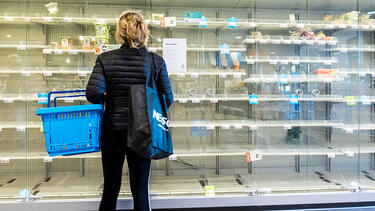
New Study Shows that Trust Can Last
A new study co-authored by Yale SOM’s Florian Ederer explores how the trust we place in one another is affected by our ability to communicate and by the passage of time.
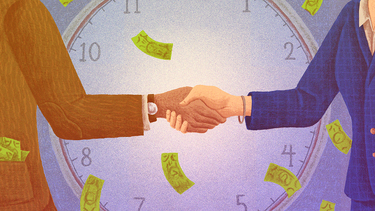
How Not to Hate the Holidays
We asked Nathan Novemsky, a social psychologist and a professor of marketing at Yale SOM, what the research says about avoiding tension and creating positive memories.
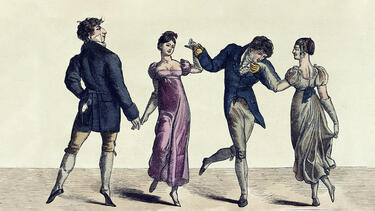
Admitting a Purchase Mistake Makes Online Reviews More Persuasive
Yale SOM’s Taly Reich has conducted a series of studies exploring the surprising value of mistakes. In her latest paper, she and her co-author show that shoppers are more likely to purchase a product after reading a review that describes making a prior purchase mistake.
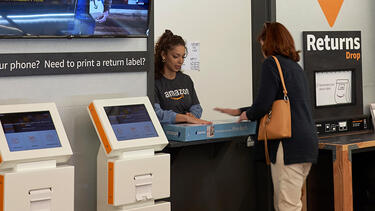
We’re Not Sure What Authenticity Is, But We Know We Like It
Foodies, employees, and art lovers all prize authenticity—but each means something a little different when they say that something or someone is authentic.

What We Talk about When We Talk about Stock Market Crashes
Yale SOM’s Robert Shiller examines how the stock market rise of the 1920s, the crash of 1929, and the Great Depression that followed came to be seen as a tale of recklessness and divine punishment.

A Few Seconds of Speech Sparks Class Bias in Hiring
New research by Yale SOM’s Michael Kraus shows that people can accurately assess a stranger’s socioeconomic position based on brief speech patterns and that these snap perceptions influence hiring managers in ways that favor job applicants from higher social classes.
